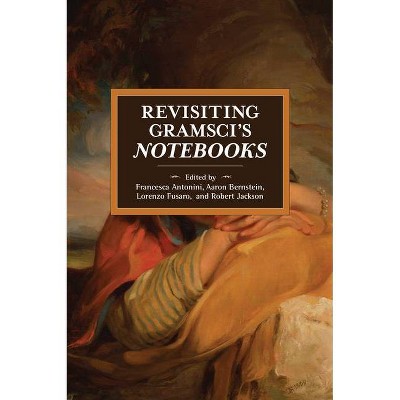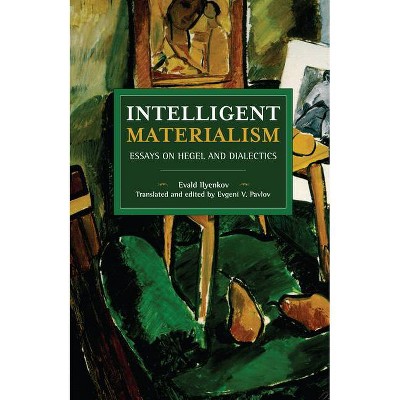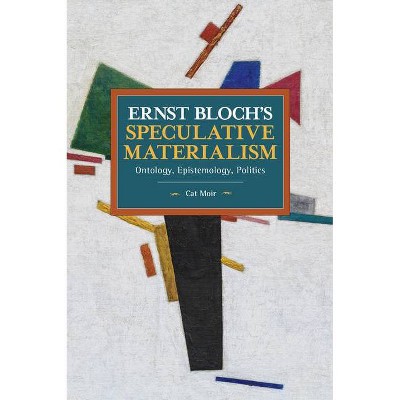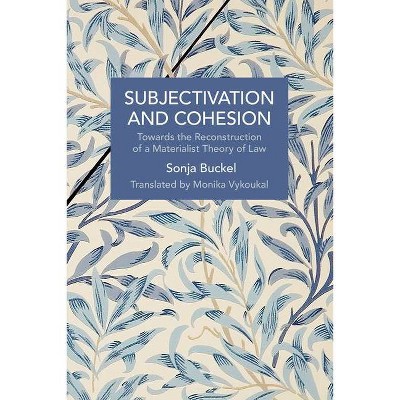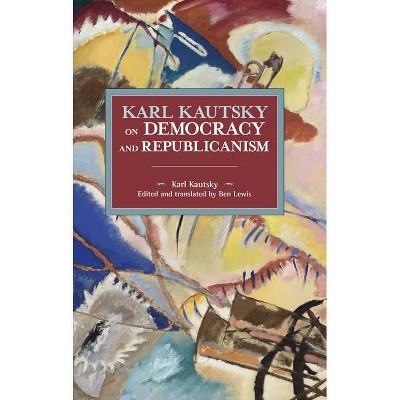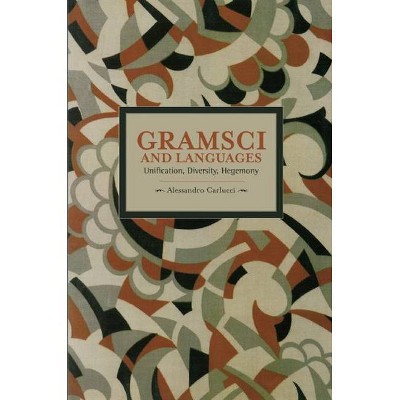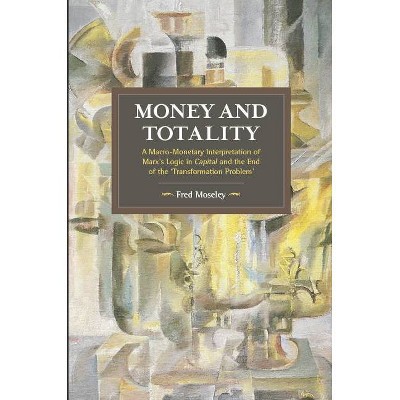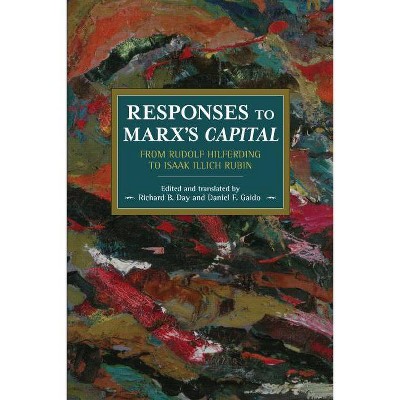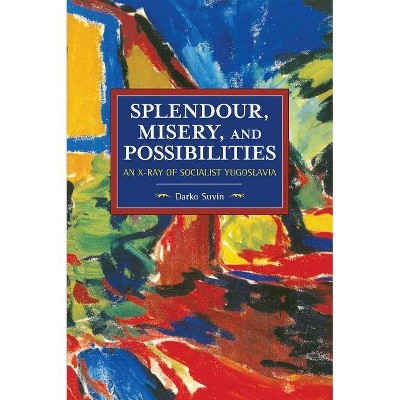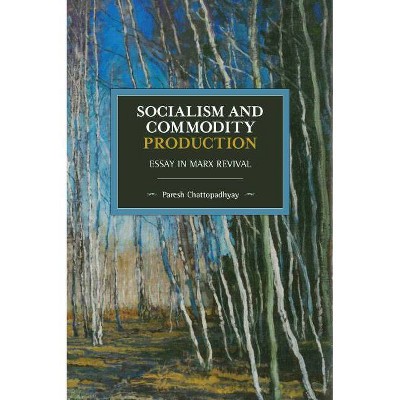Crises and Hegemonic Transitions - (Historical Materialism) by Lorenzo Fusaro (Paperback)
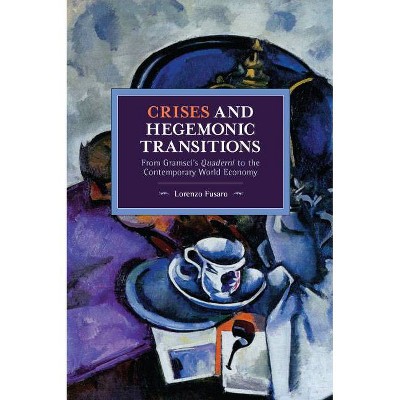
Similar Products
Products of same category from the store
AllProduct info
<p/><br></br><p><b> About the Book </b></p></br></br><p>Tracing the vicissitudes of US hegemony from the interwar period to the present, Fusaro provides a novel Gramscian way to interpret past and present developments within the world economy.</p><p/><br></br><p><b> Book Synopsis </b></p></br></br><p><em>Crises and Hegemonic Transitions</em> reworks the concept of hegemony at the international level and analyses its relation to world market crises. Returning to the critical edition of Gramsci's <em>Quaderni </em>and maintaining that the author's work is permeated by Marx's <em>Capital</em> and the law of value, Fusaro argues that imperialist states strive to construct hegemonic relations through the use of domination, leadership, coercion, and consensus, in order to secure capital accumulation, and that economic crises have only the potential to provoke crises of hegemony. Tracing the vicissitudes of US hegemony from the interwar period to the present and assessing the Great Depression's and the Great Recession's impact, Fusaro provides a novel way to interpret past and present developments within the world economy.</p><p/><br></br><p><b> About the Author </b></p></br></br><p><strong>Lorenzo Fusaro</strong>, Ph.D. in International Political Economy (King's College London, 2013), is Associate Professor of Political Economy at the Universidad Autónoma Metropolitana, Mexico. He is the author of diverse works, including <em>Revisiting Gramsci's Laboratory</em> (Brill, forthcoming, with Antonini et al.) and 'Why China is Different: Hegemony, Revolutions and the Rise of Contender States' (in <em>Research in Political Economy</em> 32, August 2017).</p>
Price History
Price Archive shows prices from various stores, lets you see history and find the cheapest. There is no actual sale on the website. For all support, inquiry and suggestion messagescommunication@pricearchive.us
